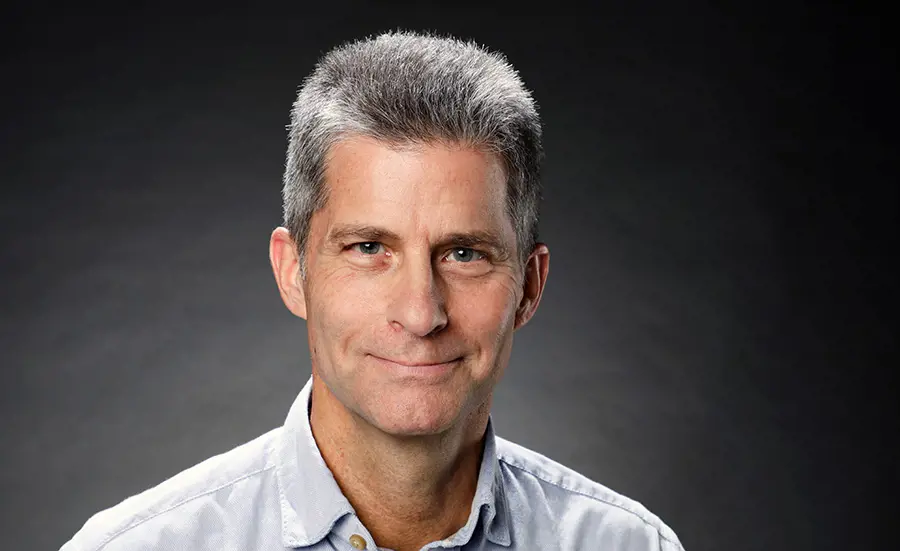
14. May 2025, Topic: Aquatic Ecotoxicology Soil Ecotoxicology Sediment Ecotoxicology Risk Assessment
Ecotox Centre at EPFL - Interview with Christof Holliger
Christof Holliger, Professor of Environmental Biotechnology at EPFL, has been closely involved with the Ecotox Centre since it was founded in 2008, initially as part of the direction and the strategic steering committee and later as the representative of EPFL on the host institute council. He retired at the end of February 2025. Here he looks back.
You were closely involved with the Ecotox Centre for a long time as a representative of EPFL and French-speaking Switzerland. Can you tell us something about the history of the Ecotox Centre at EPFL? Why EPFL, what was the starting point?
I wasn't involved from the very beginning. In the phase before the opening of the Ecotox Centre, Kristin Becker van Slooten, who herself did research in soil ecotoxicology, was particularly involved in the planning. This was also the starting point: the Ecotox Centre was to be integrated into the ETH Domain with aquatic ecotoxicology at Eawag and soil ecotoxicology at EPFL. For personal reasons, Kristin Becker then took up a new position at EPFL and I replaced her as EPFL representative in the final phase of preparing the centre and afterwards. I represented EPFL at the Ecotox Centre from its opening in January 2008 up to and including February 2025, and my colleague Tamar Kohn has now taken over my role.
Why is the Ecotox Centre important for EPFL? Why is it important that there is also an Ecotox Centre site in French-speaking Switzerland?
Even though there is no longer a group at EPFL that conducts ecotoxicological research, it was a good decision to integrate the Ecotox Centre at both locations. With Benoît Ferrari, a group leader came to Lausanne who promoted sediment and soil ecotoxicology and became director of the Ecotox Centre after Inge Werner. This intensified the exchange between the two sites and underlined the independence of the Ecotox Centre from the two host institutes, Eawag and EPFL. And the location in Lausanne made it much easier for partners from French-speaking Switzerland to participate in research projects. The fact that the Ecotox Centre will have new offices and laboratories there next year underlines the fact that it is important to EPFL that it provides good working conditions.
What were the biggest challenges? How has the initial situation developed since the Ecotox Centre was founded?
The biggest challenge was to convince all our partners, i.e. federal offices, cantons and others, that the Ecotox Centre is an independent institution and that Eawag and EPFL have no significant influence on which projects are worked on. I think the current structure, in which the representatives of the host institutes Eawag and EPFL are no longer part of the Directorate, makes this sufficiently clear.
What are your personal highlights from your time with the Ecotox Centre?
My personal highlight was the 10th anniversary celebration in Bern in 2018. This event clearly showed how well the Ecotox Centre is positioned. Otherwise, I'm just happy that we, the representatives of the host institutes, were able to work together so well. And above all, I am pleased that the Ecotox Centre has such a great team that does outstanding work.
Which topics and challenges do you think will be particularly important in the future?
I am not an expert in ecotoxicology, but I believe that the correct assessment of substance mixtures is one of the biggest challenges. Nowadays you read everywhere about PFAS and microplastics, but even these current environmental impacts are only one part of a whole that affects the environment, including humans, and can be harmful. I therefore consider a holistic approach to be particularly important.
What are your wishes for the Ecotox Centre?
I hope that the Ecotox Centre will one day receive sufficient basic funding to enable it to work satisfactorily on all the topics it should cover. Unfortunately, this has not yet been possible in the seventeen years of the Ecotox Centre's existence.